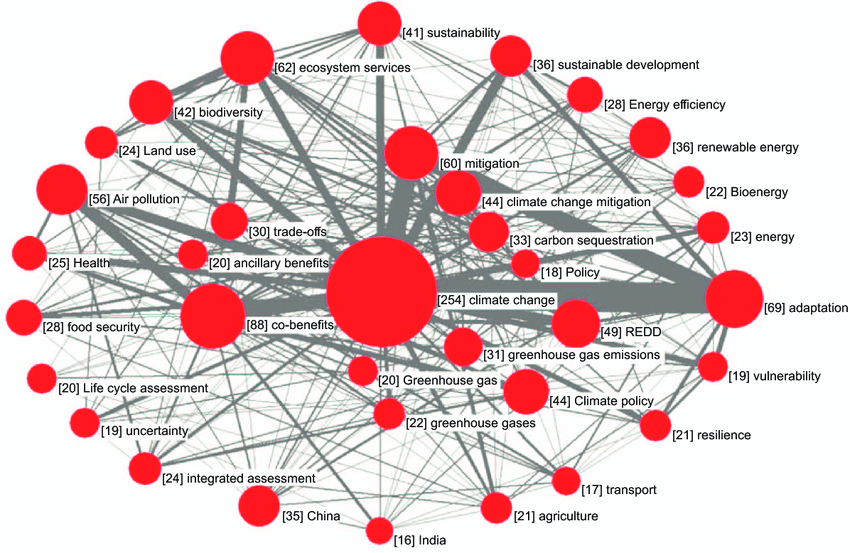
If you can get beyond the extraordinary and expected CEO worship, there are worthy bags to unpack on the subject of Capitalism struggling with the language of climate change:
Confusing climate terminology has become commonplace among governments, and in some cases can even understate more far-reaching goals. Kelly Levin at the World Resources Institute found that many European countries say their goal is carbon neutrality, but digging in the documents reveals the target covers all greenhouse gases. California, which would be the world’s fifth-largest economy if it were a country, makes the same mistake.
“These are growing pains, as we translate the science into what it means for business and society,” said Ateli Iyalla, managing director of North America for CDP, a group advocating emission disclosures. “It’s important to use the right language and get the terminology right to send the right signals to the marketplace.”
Suspicion of implied deliberate obfuscation is warranted, so caveat lector always. A fixation on the marketplace, kicking the can as far out as it can be painlessly imagined deserves skepticism. But this struggle is admitting a chief flaw of capitalism, as a system seeking to right itself when solutions beg its very existence. As a system ideology, capitalism will not be able to completely reconcile its culpability without a commensurately profitable framing, it’s just an impossibility, a sine qua non of the entire, roll-up-your-pants, build-the-deck-higher mentality in the face of literal and figurative rising seas.
We can be interested in this struggle as an intellectual, artistic matter, yet parsing its ongoing circulation throughout financial systems and wealth management strategies it must be seen as an altogether different sort of reckoning: signal-sending, profit-guarding and bottom-line-feeding. Until mass audiences awaken to lead with solutions – changes in mindset, how we live and and move about, big finance will continue to lead from behind. It’s all they really know how to do, reinforcing an atmosphere in which it is highly incumbent on all to compare its track record with any new directions they are offering.
